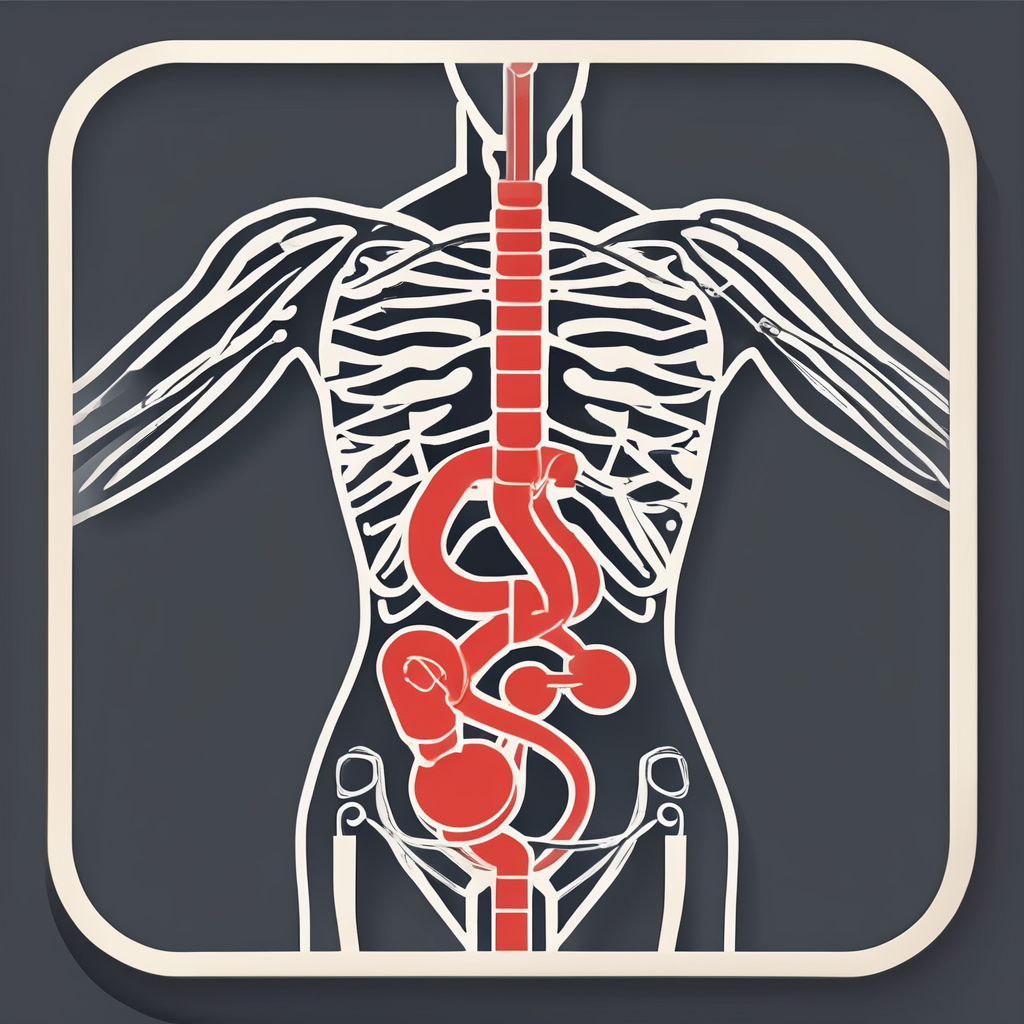Key Components of the Mediterranean Diet and Liver Health
The Mediterranean diet is a beacon of healthy eating, rich in ingredients that contribute to liver health. Understanding its components can illuminate pathways to preventing conditions like non-alcoholic fatty liver disease (NAFLD).
The Role of Healthy Fats
Healthy fats serve as the cornerstone of the Mediterranean diet, particularly those derived from olive oil and fatty fish. These sources are abundant in omega-3 fatty acids, which reduce liver inflammation and improve liver function. Their integration into daily meals helps maintain balanced cholesterol levels and supports metabolic health.
Additional reading : Transforming substance abuse recovery: how peer mentoring lowers relapse rates and boosts success
Importance of Fiber-Rich Foods
Fiber-rich foods, including whole grains, fruits, and vegetables, offer significant protective benefits. They assist in maintaining optimal liver function by facilitating the elimination of toxins and reducing fat accumulation in the liver. Diets rich in fiber are linked to lower incidences of NAFLD, underscoring their importance in liver health maintenance.
Antioxidants and Their Impact on Liver Function
Antioxidants possess unique properties that help in shielding liver cells from oxidative stress. Sources such as berries, nuts, and leafy greens deliver substantial antioxidant support. By reducing liver inflammation, these foods help forestall the progression of liver diseases, emphasizing their critical role in liver health within the Mediterranean dietary framework.
Also to discover : Unveiling the connection: the impact of oral hygiene on heart health and cardiovascular wellness
Overview of Non-Alcoholic Fatty Liver Disease
Non-alcoholic fatty liver disease (NAFLD) is increasingly recognized as a significant concern in modern medicine, affecting a large portion of the population globally. This condition, marked by excessive fat storage in the liver independent of alcohol consumption, highlights the importance of personal liver health strategies.
Key risk factors for developing NAFLD include obesity, diabetes, high cholesterol, and metabolic syndrome. Sedentary lifestyles and diets high in processed foods further compound these risks. Thus, fatty liver prevention becomes a priority for many individuals aiming to maintain optimal health.
A balanced diet is crucial in managing liver health and can be transformative in preventing and addressing NAFLD. Incorporating elements like omega-3-rich foods, whole grains, and fresh produce often found in dietary regimens similar to the Mediterranean diet can help reduce liver fat and inflammation. Engaging in regular physical activity complements nutritional adjustments to effectively manage or lower the condition’s occurrence.
In summary, understanding and addressing the risk factors for NAFLD through lifestyle and dietary changes is pivotal in maintaining liver health. Adopting a proactive approach focusing on preventive measures remains paramount in managing this prevalent condition.
Introduction to the Mediterranean Diet
The Mediterranean diet encompasses a diverse range of dietary patterns rooted in culinary traditions from countries bordering the Mediterranean Sea. It promotes healthy eating through a balanced intake of foods integral to the way of life in this region. At its core, the diet emphasizes plant-based foods, lean proteins, and beneficial fats.
This diet is not just about food; it holds significant cultural significance forged over centuries. Historically, the diet has been credited for its role in the longevity and well-being of Mediterranean populations. This cultural aspect underscores the principles of social eating and enjoying meals as part of a community, which contributes to its holistic health benefits.
Nutritional benefits of the Mediterranean diet extend beyond liver health. They include reduced risk of chronic diseases, improved heart health, and overall wellness. Key components such as whole grains, fruits, vegetables, olive oil, and fish provide essential nutrients while minimizing processed foods and red meat. As awareness grows, this diet model is increasingly adopted globally for its comprehensive approach to health.
Understanding and incorporating these elements can provide substantial health benefits, making the Mediterranean diet a worthy consideration for individuals seeking longevity and quality of life.
Scientific Evidence Supporting the Mediterranean Diet for NAFLD
Numerous research studies have explored the impact of the Mediterranean diet on non-alcoholic fatty liver disease (NAFLD), providing compelling evidence for its benefits. These comprehensive investigations underscore the diet’s potential to not only prevent but also mitigate the effects of NAFLD, a prevalent liver condition.
A host of clinical trials have demonstrated the efficacy of dietary interventions centered around Mediterranean dietary patterns in improving liver health outcomes. For instance, studies have revealed that participants adhering to this diet exhibit a marked reduction in liver fat and enhanced liver function over time.
The consensus among expert opinions suggests that the Mediterranean diet is particularly advantageous for individuals at risk of NAFLD due to its high content of healthy fats, antioxidants, and fiber. These components synergistically work to reduce liver inflammation and fat storage.
Overall, research consistently marks the Mediterranean diet as a viable solution for effective fatty liver prevention. It presents an approachable and scientifically backed dietary intervention with the potential to influence liver health positively. This wealth of scientific support positions the Mediterranean diet as a cornerstone in managing and potentially reversing the effects of NAFLD.
Practical Guidelines for Implementing the Mediterranean Diet
Embracing a Mediterranean-style diet can be enriching, yet navigating this transition may feel daunting initially. Here are essential meal planning strategies to ease the way:
-
Incorporate a variety: Mix up your diet with assorted fruits, vegetables, whole grains, nuts, and seeds to maximise nutritional intake.
-
Plan ahead: Use weekends to prepare meals for the upcoming week. This reduces reliance on processed foods when time is tight.
-
Embrace simplicity: Focus on simple cooking methods like grilling, roasting, and steaming to retain food’s nutritional benefits.
-
Use oils wisely: Prioritise olive oil as your primary fat source; it’s a healthy substitute for butter or margarine.
When adapting to a Mediterranean diet amidst a busy lifestyle, meal planning proves invaluable. Batch cooking can save you time, while creativity can break the monotony. Prepare larger portions of meals like chickpea salads or quinoa dishes, easily stored and served multiple times throughout the week.
The Mediterranean diet is not just about what you eat but how you cook it. Simplifying your cooking methods while focusing on healthy techniques ensures you maintain the diet’s integrity, allowing you to reap its full health benefits.
Additional Resources and Visual Aids
Understanding the intricacies of the Mediterranean diet and its benefits for liver health is greatly enhanced by using visual aids. Infographics effectively encapsulate complex information, making it accessible and engaging. Through clear visuals, they depict the benefits of incorporating key components like antioxidants and omega-3-rich foods in preventing conditions such as non-alcoholic fatty liver disease (NAFLD).
Educational charts can illustrate dietary patterns, showcasing the balance between healthy fats, fibre, and other essential nutrients integral to the diet. Diagrams often highlight contrasts between traditional diets and Mediterranean eating habits, providing insights into improved liver function and overall health. These tools aid in comprehending the impact of meal choices on fatty liver prevention.
For those seeking to delve deeper, various educational materials offer extensive explanations of NAFLD and personal liver health strategies. Resources such as books, online courses, and webinars provide depth and support sustained learning.
Utilising these visual and educational tools empowers individuals to adopt Mediterranean diet principles more confidently. By making informed decisions based on comprehensive, visual explanations, one can effectively incorporate these elements into daily life, enhancing both well-being and liver health.
Meal Plans and Recipes
Adopting the Mediterranean diet can be delightful with its rich variety of meal ideas. Here’s a sample 1-week meal plan to kickstart your journey towards improved liver health.
Day 1:
- Breakfast: Greek yogurt with mixed berries and a sprinkle of walnuts.
- Lunch: Quinoa salad with cherry tomatoes, cucumber, and feta cheese.
- Dinner: Grilled salmon with a side of steamed spinach and a slice of whole grain bread.
Breakfast, Lunch, and Dinner Recipes
- Breakfast: Avocado toast on wholemeal bread topped with poached eggs and a squeeze of lemon.
- Lunch: Chickpea stew with spinach, seasoned with cumin and coriander.
- Dinner: Lemon herb chicken with roasted vegetables such as zucchini, eggplant, and bell peppers.
Snacks and Beverages Options
For snacks, consider hummus with carrot sticks or a handful of almonds. Keep hydrated with herbal teas or fresh sparkling water infused with lemon slices and mint leaves.
These healthy recipes not only align with Mediterranean dietary patterns but also emphasize nutrient-dense options that enhance fatty liver prevention. As you integrate these plans into daily life, you’ll enjoy diverse and delicious Mediterranean dishes while supporting overall well-being.











